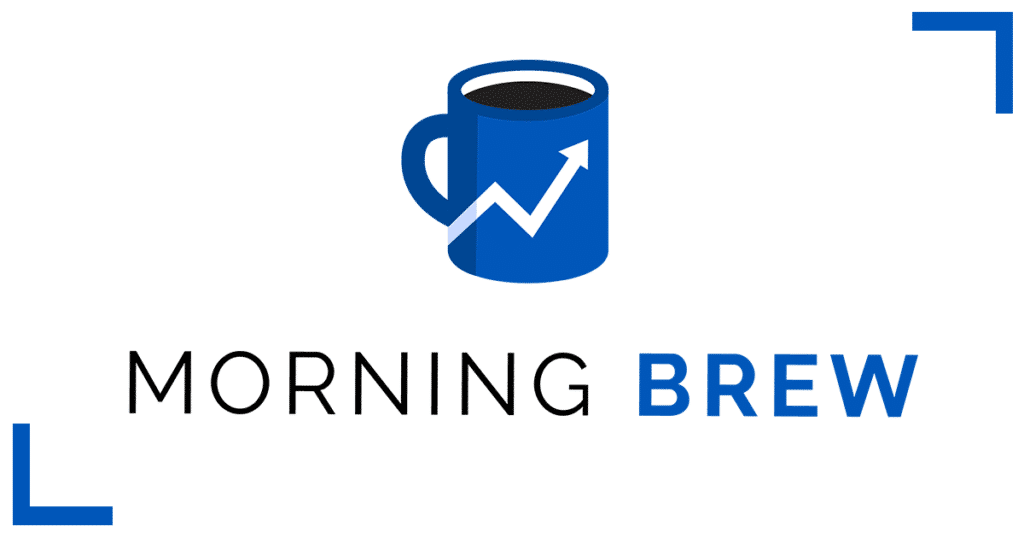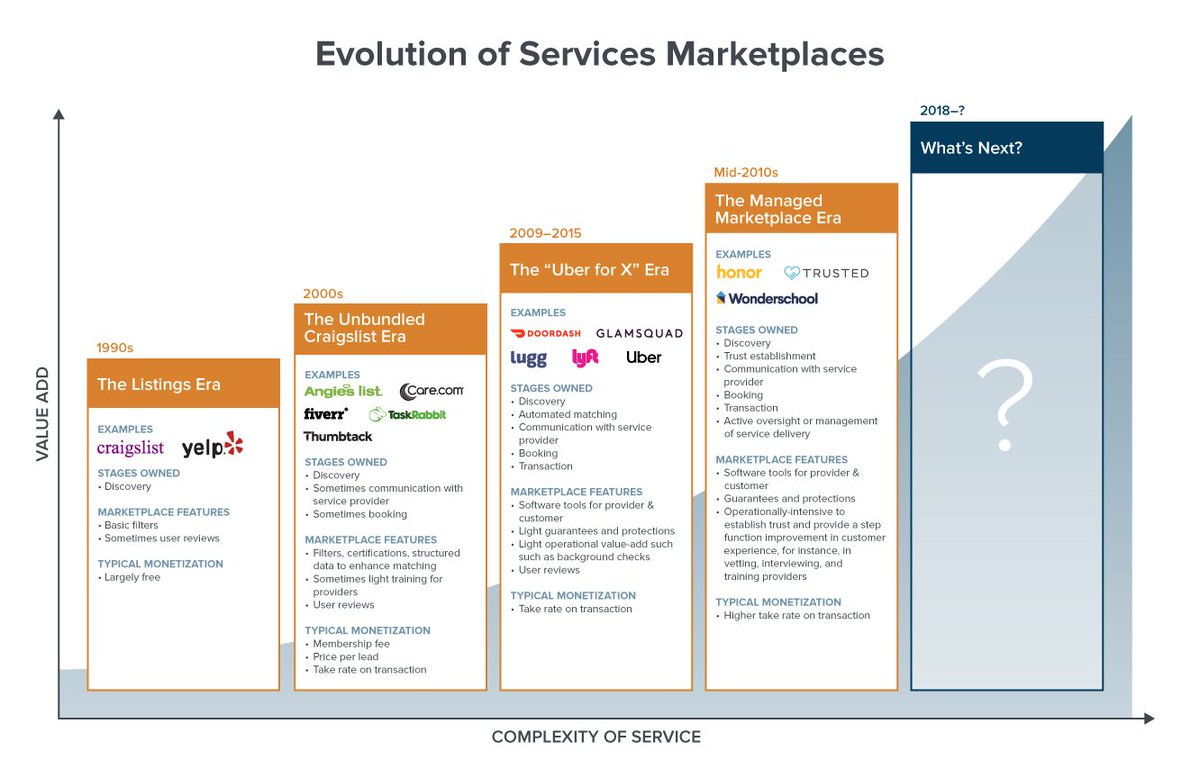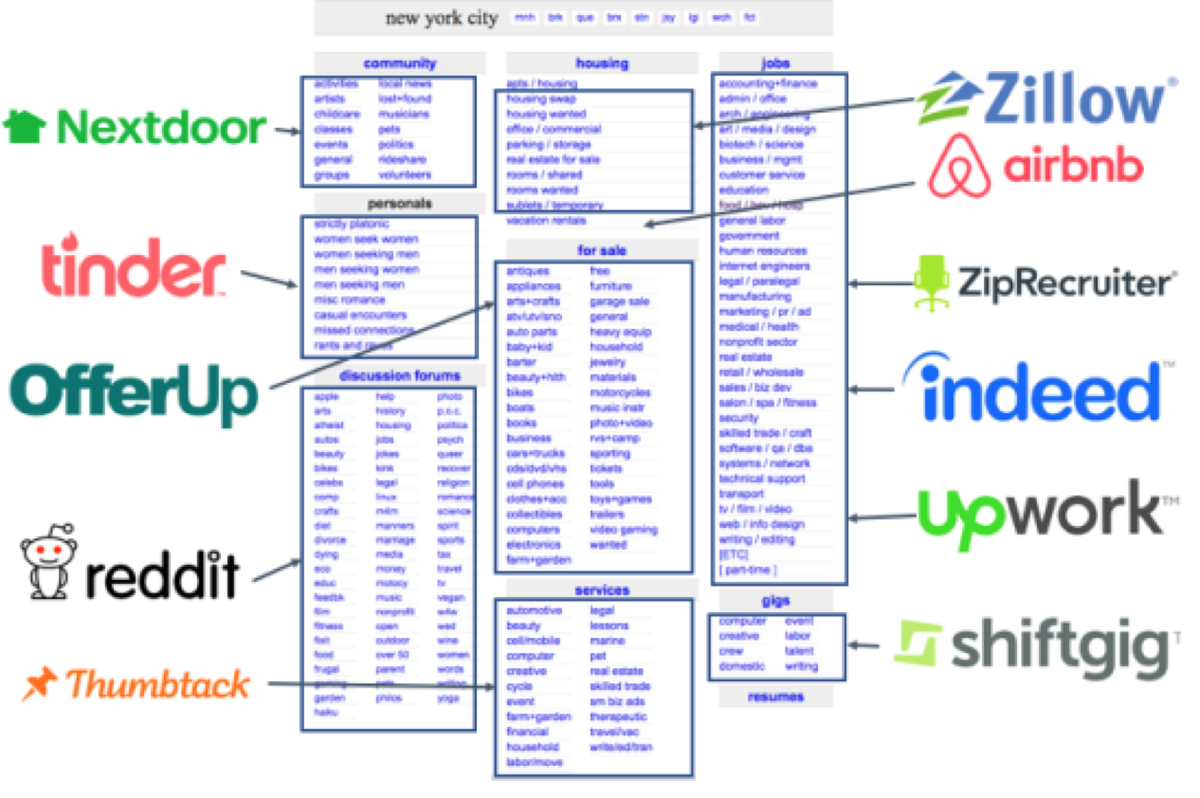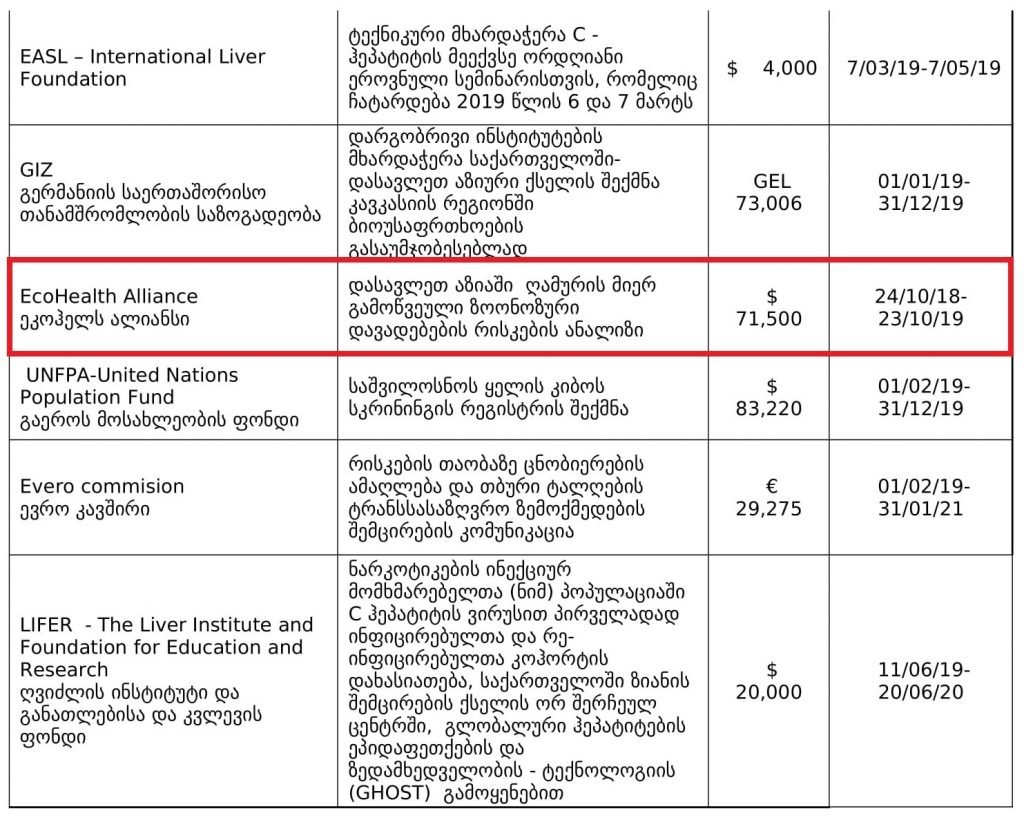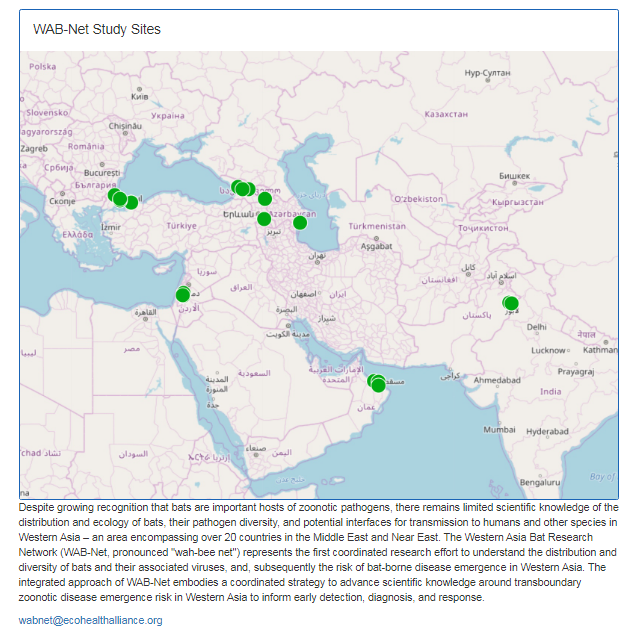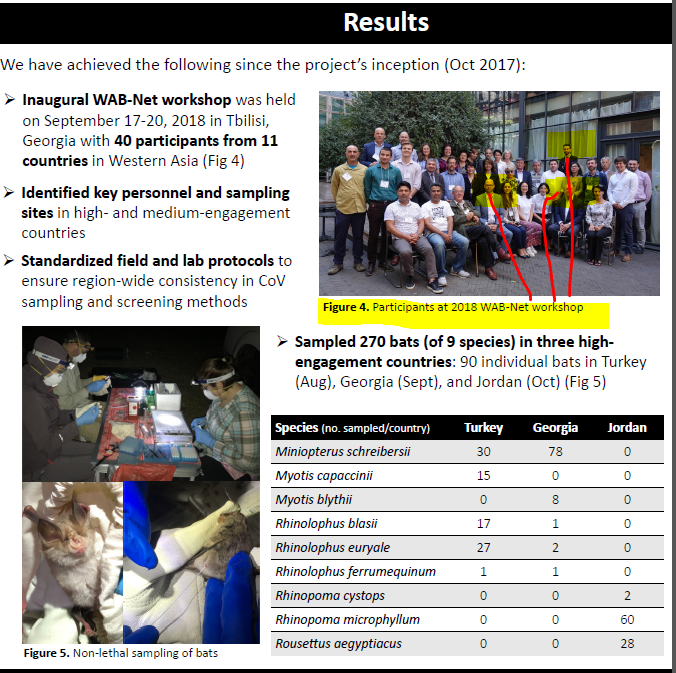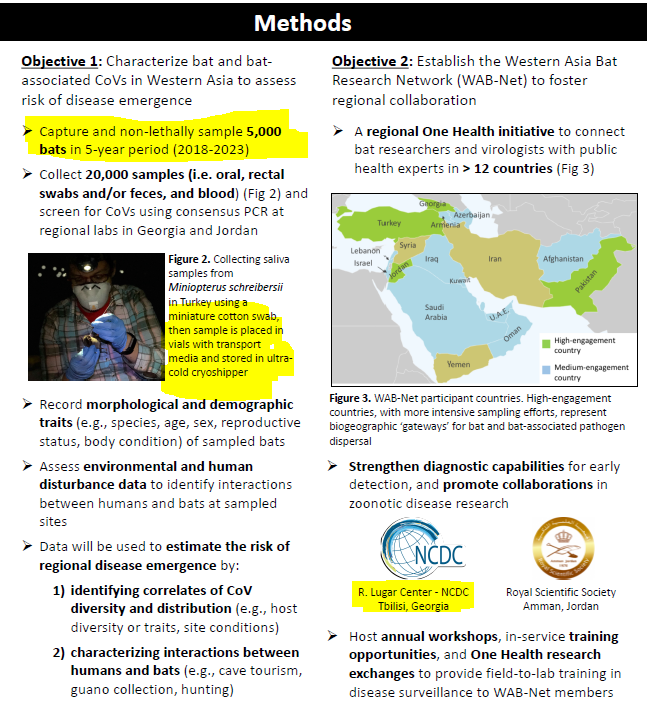It has been super tough to end up here but: Today, I have finally signed an offer for my next gig. TBA, still, but finally after such a tough 2018, honestly!
I learned so much about interviewing and negotiating globally that I thought I'd write a master-thread on my thoughts:
First of all: Everybody always thinks that there are "stars" in this industry who can go anywhere and get a job in an instant - some people would count me as one of them.
Let me tell you: It's a myth. Star or not, companies differ WILDLY in their needs, culture and requirements.
There is no guarantee for a job, ever. There is no holy grail level you can reach that will make you into this being that can pick and choose wherever they want to go. In the end, you need to find the exact right fit for both you and the company. That's a marathon, not a sprint.
Further: Interviewing in this industry takes FUCKING FOREVER. At every place I had interviews with I got at least to mid-tier stages and that always means at least 2-3 interviews. 3-5 interviews before an offer is STANDARD. Jup. I know. It's a lot.
With some companies I have been in on and off discussions for literal months. 2-6 months to get an offer ANYWHERE is completely normal. If you're looking for a job, you need to be really patient. I know that's super tough, especially when you desperately need a new job.








